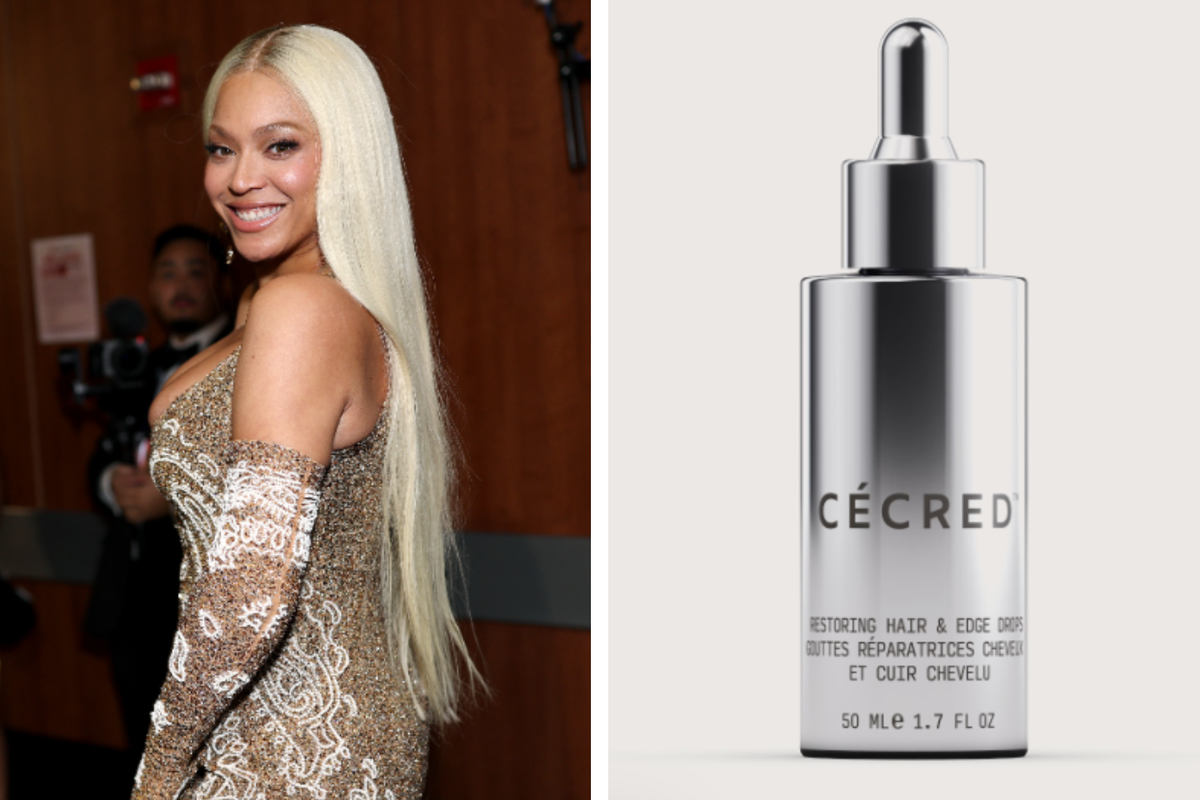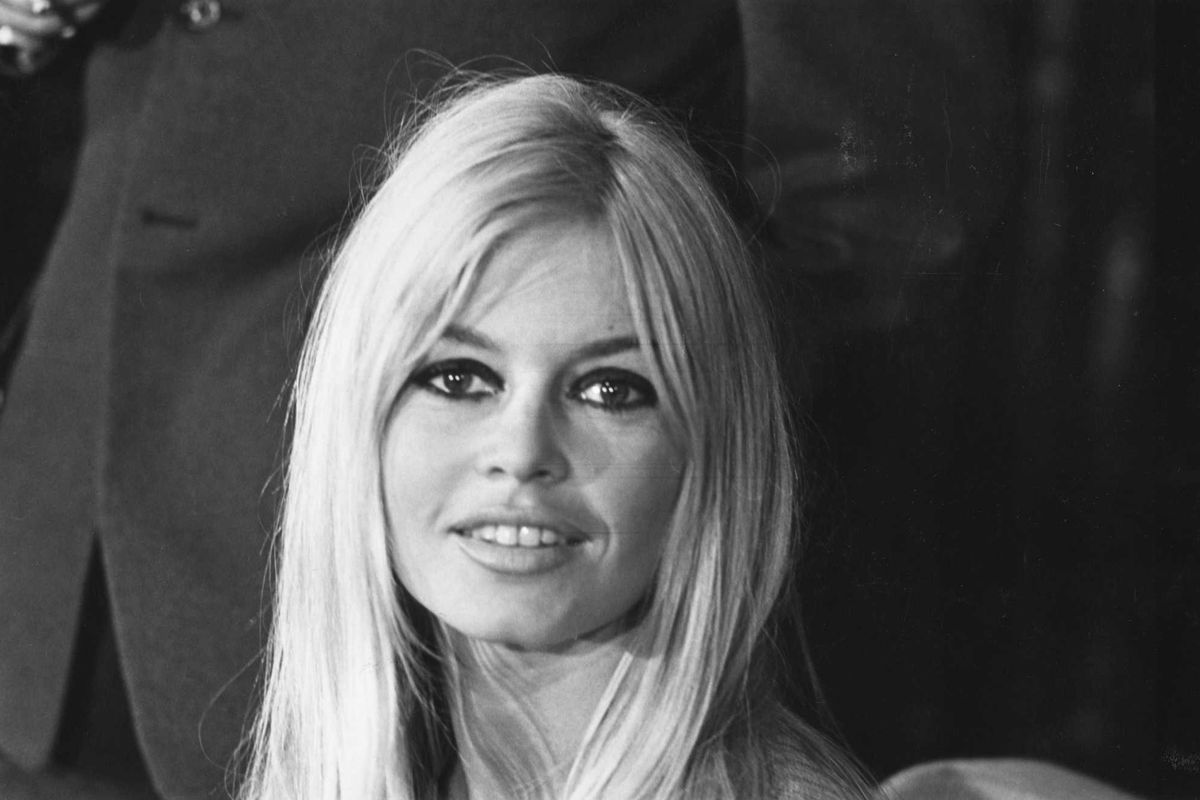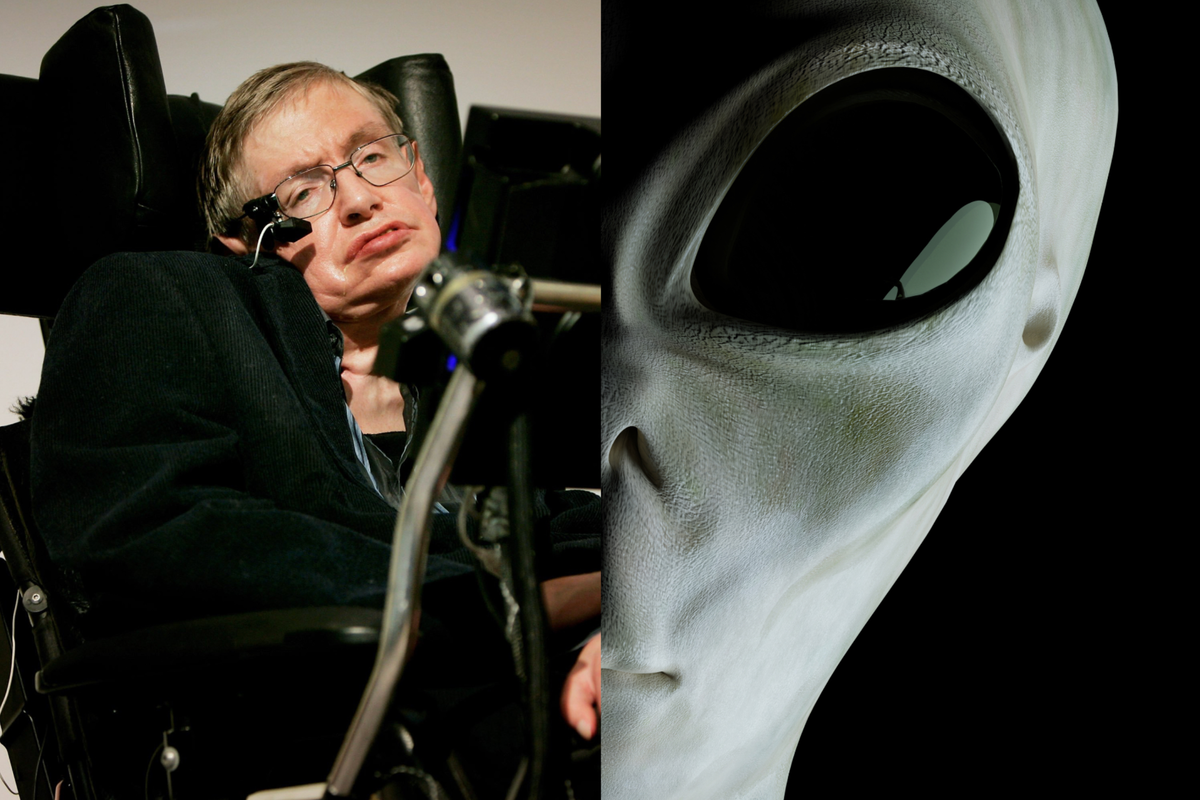Related video: Junk food triggers the brain's reward system
New rules on junk food advertising on TV will come into place from October next year, restricting the promotion of “products high in fat, salt or sugar” to after the 9pm watershed – and if you’re feeling a sense of déjà vu (or rather, deja food) and that a ban has been mentioned before, then you’re not the only one.
Confirmation from the government came on Thursday, when it published a response to a 2022 consultation on draft regulations relating to the ad ban – namely “the clarity of the definitions … of the products, businesses and services in scope” as set out in the document, and “specific exemptions around audio only content”.
Ofcom will regulate the promotion of less healthy food and drink on TV and UK on-demand services, and junk food advertising online – including on-demand programme services not regulated by Ofcom – will also be restricted.
Andrew Gwynne, parliamentary under-secretary of state for public health and prevention, said in a written statement on Thursday: “More than one in five children in England are overweight or living with obesity by the time they start primary school, and this rises to more than one third by the time they leave.
“We want to tackle the problem head on and that includes implementing the restrictions on junk food advertising on TV and online without further delay. We will introduce a 9pm watershed on TV advertising, and a total ban on paid-for online advertising.
“These restrictions will help protect children from being exposed to advertising of less healthy food and drinks, which evidence shows influences their dietary preferences from a young age.”
The ban will come into place from 1 October, and health campaigners and organisations have both welcomed the news, with TV chef Hugh Fearnley-Whittingstall telling BBC Radio 4’s Today programme that it is “fantastic to finally see action”.
Meanwhile on Twitter/X, some can’t help but feel like a ban was first floated years ago (it was), and others have mocked Tory outlets such as The Daily Mail for attacking “nanny Starmer” when in reality, it was first proposed under Boris Johnson’s government:
To bring you up to speed, back in 2021 the Johnson government published its responses to a 2019 consultation (on introducing a 9pm watershed for junk food ads) and a 2020 consultation (on a total online restriction), confirming a ban for both TV and online at the same time “at the end of 2022”.
Except, come May 2022, the government announced it would delay the advertising restrictions for a year “in light of [the] unprecedented global economic situation and in order to give [the] industry more time to prepare”.
Julia Lopez, then media, data and digital minister, said: “We have listened to the concerns which have been raised and will not be bringing in restrictions on junk food advertising until confident that the time is right.
Then, under Rishi Sunak’s Conservative government, it was pushed back once again – this time to October 2025 – with the cost of living crisis being cited as the reason for the latest delay.
“I firmly believe in people’s right to choose – and at a time when household budgets are under continuing pressure from the global rise in food prices, it is not fair for Government to restrict the options available to consumers on their weekly shop.
“It is right that we consider carefully the impact on consumers and businesses, while ensuring we’re striking the balance with our important mission to reduce obesity and help people live healthier lives,” Sunak said at the time.
In its consultation response this week, the Labour government acknowledged past delays around the restrictions – in what reads like an inadvertent dig at previous administrations.
It said: “While these measures have been subject to repeated delays in the past, this government will implement them without further delay. By publishing this response, we give stakeholders much needed certainty about the rules that will be in place from 1 October 2025.
“While there is clear evidence that the advertising restrictions will help to address childhood obesity, we know that there is no single solution. As well as wider action on our health mission, we have committed to banning the sale of high-caffeine energy drinks to under-16s.”
Sign up to our free Indy100 weekly newsletter
How to join the indy100's free WhatsApp channel
Have your say in our news democracy. Click the upvote icon at the top of the page to help raise this article through the indy100 rankings.













